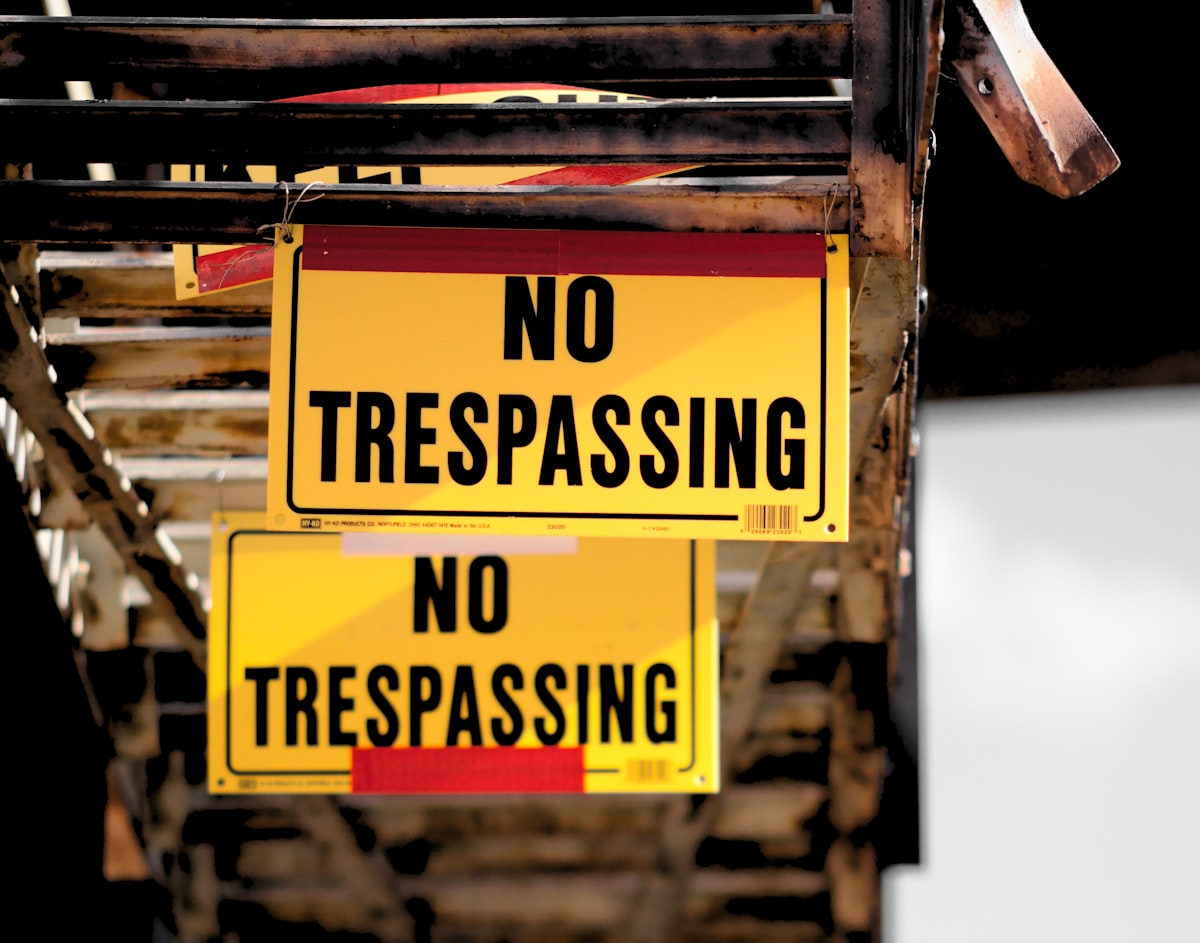Safe Spaces

The Right, The Left, & the Desire for Safe Space
I listened to the episode of titled Shame, Safety and Moving Beyond Cancel Culture where Ezra has a conversation with Will Wilkinson and Natalie Wynn. During the episode, Ezra said the following, and I think it is spot on.
Something that I come back to again and again in this debate is the secondary debate over safe spaces where the right is superficially against safe spaces but is constantly asking for them, and the left is superficially for safe spaces but is constantly destroying them, and safety strikes me as both one of the most important and misused words here because I do think a certain amount of safety is necessary for these conversations, for attitude change, for humanisation. And also, it’s very hard to find, and it has itself become a polarized concept.
What I like about this is how simple this statement is while at the same time acknowledging the complexity of being a flawed person who desires to be safe within social spaces we share with other people who are also flawed.
We can see significant flaws in how people on both the left and the right engage with the concept of safe spaces.
The Paradoxical Enactments of the Desire for Safe Space
People on the right says they believe so-called "safe spaces" are dumb snowflake bullshit. And yet, they are also the ones who desire to feel safe, to not worry about being attacked when they say "Merry Christmas" to someone. People on the right's consistent disavowal of safe spaces shows how much they (unconsciously) desire said safe spaces.
Meanwhile, the people on the left advocating for creating safe spaces can be the same people who rush to attack anyone who says or does anything that could be seen as objectionable. Spaces where people are attacked for being emotional, short-sighted, distracted, full of contradictions (i.e., not constantly at one's best) are dangerous! Dangerous, not safe!
Hypocrisy
Hypocrisy exists on both the right and the left nowadays, and hypocrisy is frustrating. It is easy to call out the hypocrisy of others while turning a blind eye to one's tendency to be a hypocrite. (Let the person who has never been a hypocrite make the first social media comment accusing someone else of being a hypocrite!)
So, as I said above, this stuff around safe spaces is complicated. And while I'm confident that recognizing the complexity won't solve the problem, I think it is an important and worthwhile thing to do.